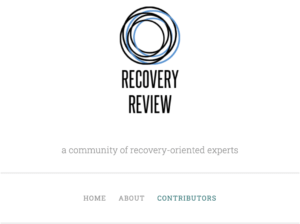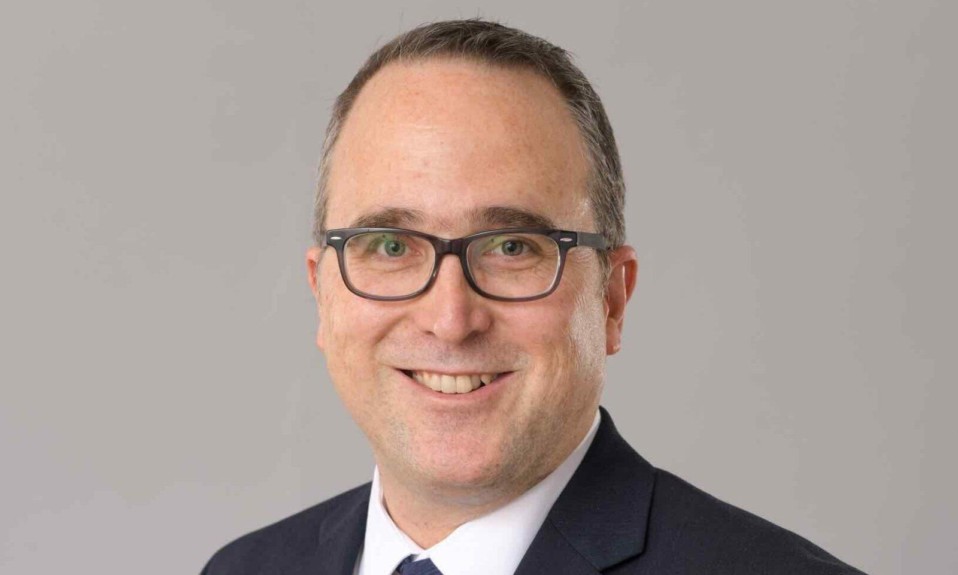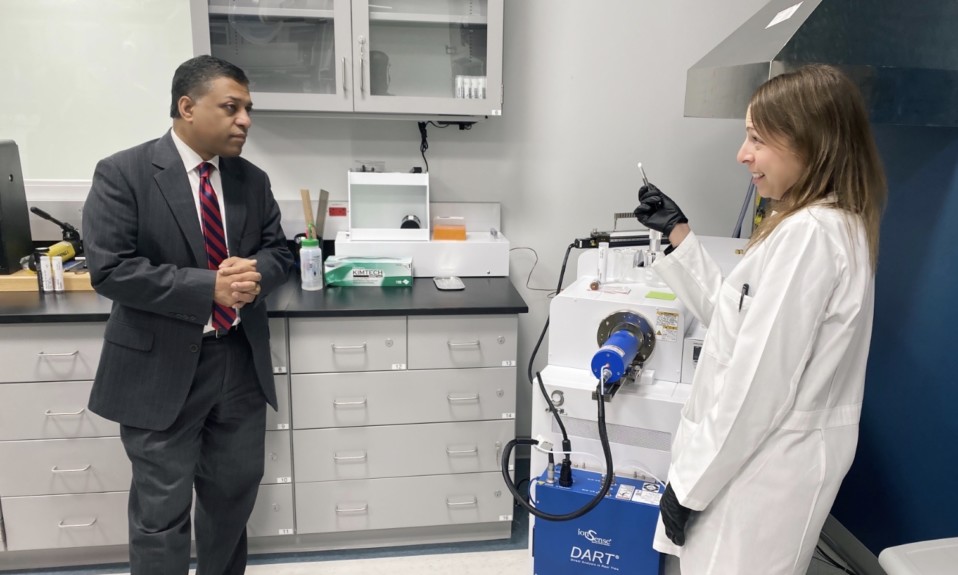Jason Schwartz is the ringleader of the treatment industry’s go-to blog covering forward ideas in everything addiction—from hardcore science, medicine and advocacy to policy and more
By William Wagner
September 18, 2020Jason Schwartz is more ringleader than blogger. Just look at the name of his creation, Recovery Review, which bills itself as “a community of recovery-oriented experts.”
Since the blog took its current form in 2019, Schwartz has carefully cultivated writers with expertise in areas ranging from hardcore science to advocacy to policy. And therein lies the genius of Recovery Review. With its ever-expanding roster of contributors, it comes at addiction from numerous angles. Recovery Review quickly has become a must-read both among treatment professionals and individuals in recovery. (Count TreatmentMagazine.com among its fans. You’ll note that it’s linked to from our website as one of our “go-to” blogs.)
Schwartz, 48, took a well-worn path into the field of addiction treatment: He himself was in recovery.
“I was kind of floundering in school,” he says. “There were some social workers who made a difference in my life. As I was rebooting with school, that seemed like an interesting path. And then during my bachelor’s program [in social work at Eastern Michigan University], I got assigned to the treatment facility at Dawn Farm [in Michigan in 1994], where I worked for the next 25 years [and ultimately became clinical director].”
The biggest issue I have is the lack of recovery orientation. I see a lot of people who focus on a particular treatment approach. …But what about long-term recovery management? Most people aren’t thinking about that.”—Jason Schwartz, founder of Recovery Review blog and director of behavioral medicine at St. Mary Mercy Hospital in Livonia, Mich.
When Schwartz departed Dawn Farm in 2019 to become director of behavioral medicine at St. Mary Mercy Hospital in Livonia, Mich., he left behind the blog he had started in 2005, Addiction and Recovery News. Call Recovery Review the 2.0 version.
TreatmentMagazine.com spoke to Schwartz about Recovery Review and the state of addiction treatment at large.
Q: Why do you use a community-based approach to your blog?
A: Since it was no longer a Dawn Farm blog, I had the freedom to invite other people in. These were people I liked and respected. Some I had only interacted with online, like David McCartney, who’s a doctor in Scotland. There are other people I worked with at Dawn Farm previously or met through conferences and that kind of thing. I’m still trying to get more people to contribute.
Q: What does having a chorus of voices add to Recovery Review?

Q: What kind of impact do you want the blog to make?
A: I don’t approach it with a particular goal in mind, but there’s a lot of orthodoxy in the field. There are a lot of silos—you know, people who might be harm reduction oriented or 12-step oriented or focused on office-based treatment or residential. I would like to see critical thinking about their own silo and about the other silos, rather than just inhabiting their own little bubbles.
So much of what we talk about is focused on while people are still using or their first few months of attempting recovery. We pay very little attention to beyond 90 days or six months. We don’t have much data on long-term [outcomes].”—Jason Schwartz
Q: What are a couple of your pet issues?
A: The biggest issue I have is the lack of recovery orientation. I see a lot of people who focus on a particular treatment approach, which might be office-based treatment or residential. That [approach] is focused on engagement and stabilization. But what about long-term recovery management? Most people aren’t thinking about that.
I believe harm reduction is an important part of the continuum, but I don’t see a lot of attention to harm reduction that ends up facilitating recovery. I don’t see reporting on how many people it has helped to a stable recovery to improve their global wellbeing. So much of what we talk about is focused on while people are still using or their first few months of attempting recovery. We pay very little attention to beyond 90 days or six months. We don’t have much data on long-term [outcomes].
My fantasy with the health system I work in right now is to train primary care physicians in doing recovery management checkups and have them backed up by specialty substance use disorder professionals who can link patients to where they can get additional support. That’s what I’d love to see happen.”—Jason Schwartz
Q: So, if you could wave your magic wand, what would you alter about how addiction care is administered?
A: It would start with a plan for long-term engagement. My fantasy with the health system I work in right now is to train primary care physicians in doing recovery management checkups and have them backed up by specialty substance use disorder professionals who can link patients to where they can get additional support. That’s what I’d love to see happen.
Q: What’s the biggest change you’ve seen in addiction treatment since you entered the field in 1994?
A: The opioid crisis has changed everything. It really introduced an emphasis on medications as part of treatment. Also, early in the opioid crisis—before overdoses really started to escalate—the discussion was different. Once the overdose crisis hit, we shifted to a big focus, appropriately, on death prevention. It brought all sorts of new people into the field—not necessarily professionals but grieving families and local governments that were concerned about overdoses in their communities.
Q: Where do you see the field heading? How do you think it will look 10 years down the road?
A: I hope the opioid crisis ebbs. And I think there’s a growing awareness that even in the context of the opioid crisis, most of our patients are polysubstance users and the medications to treat opioid dependence aren’t sufficient [in other areas of substance abuse]. We need to keep focusing on other behavioral and environmental strategies to support people trying to initiate sustained recovery.














